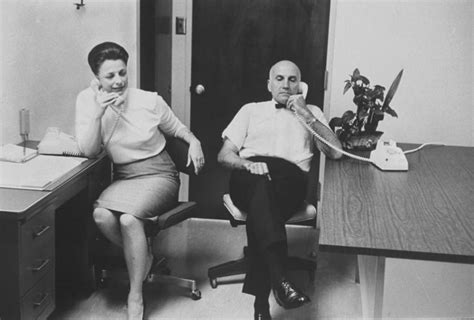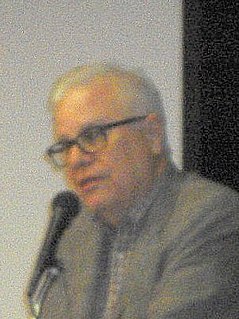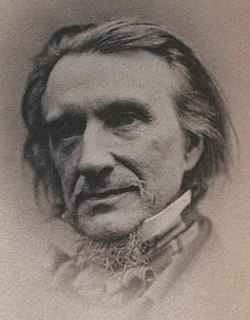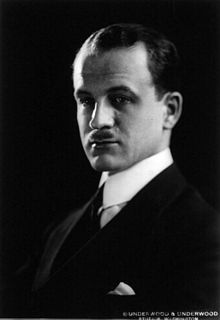A Quote by Rick Riordan
Related Quotes
There are few of us so blind as not to realize that unless the moral force of religious conviction impels, the goal of truth and lasting international cooperation cannot be attained; there are few of us who do not appreciate the vital truth of the words, "If God does not build the house, those who build it build in vain."
How does something immoral, when done privately, become moral when it is done collectively? Furthermore, does legality establish morality? Slavery was legal; apartheid is legal; Stalinist, Nazi, and Maoist purges were legal. Clearly, the fact of legality does not justify these crimes. Legality, alone, cannot be the talisman of moral people.
Man demands truth and fulfills this demand in moral intercourse with other men; this is the basis of all social life. One anticipates the unpleasant consequences of reciprocal lying. From this there arises the duty of truth. We permit epic poets to lie because we expect no detrimental consequences in this case. Thus the lie is permitted where it is considered something pleasant. Assuming that it does no harm, the lie is beautiful and charming.
The insistence on truthfulness does not disturb the freedom of the individual. The social obligation implied in Satyagraha turns the freedom of the individual into moral freedom. An atheist is free to say or to do what he likes, provided he does what he says and says what he does. So, in the context of social relations, the freedom of the individual is moral freedom.
But compassion is a deeper thing that waits beyond the tension of choosing sides. Compassion, in practice, does not require us to give up the truth of what we feel or the truth of our reality. Nor does it allow us to minimize the humanity of those who hurt us. Rather, we are asked to know ourselves enough that we can stay open to the truth of others, even when their truth or their inability to live up to their truth has hurt us.



































